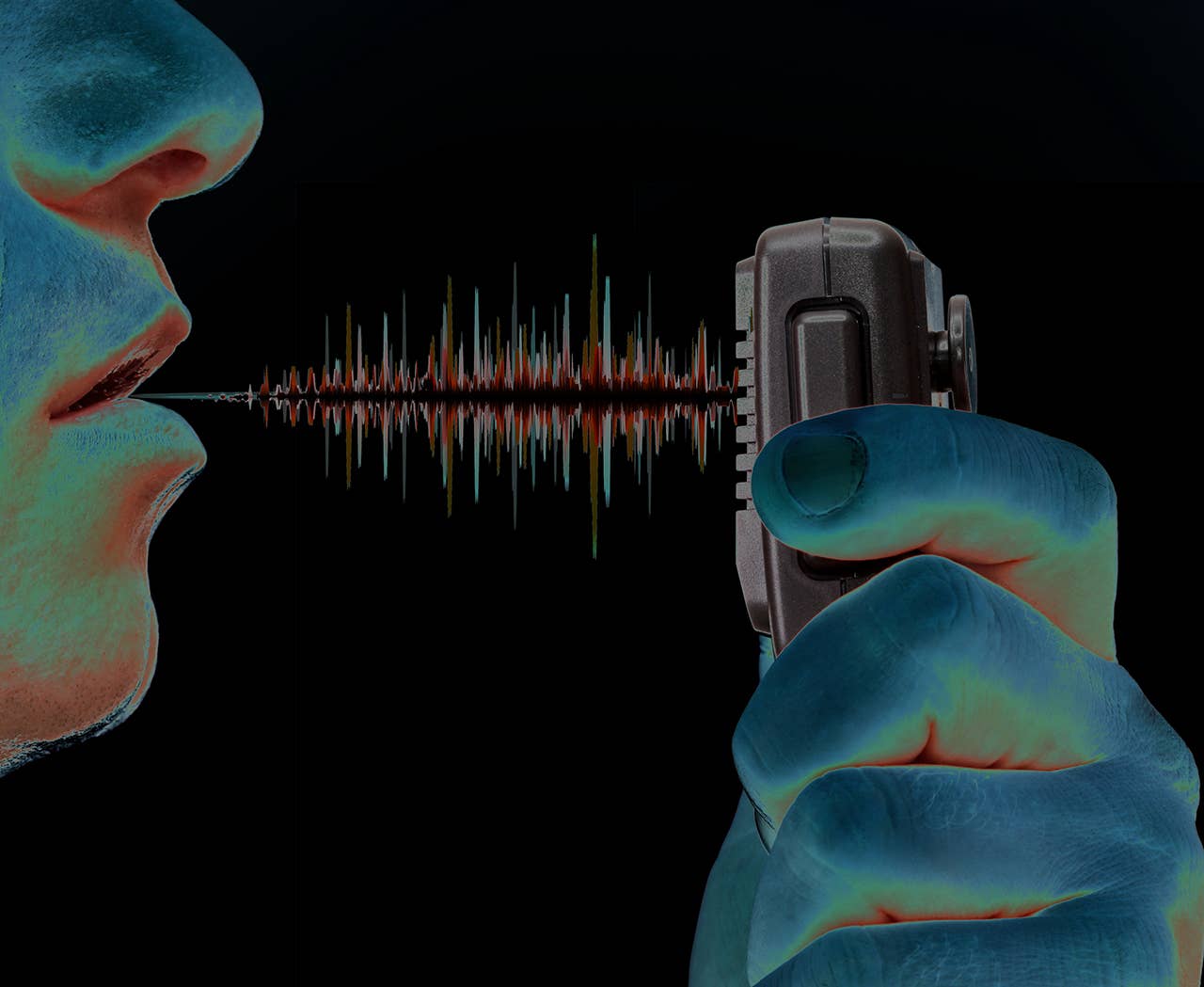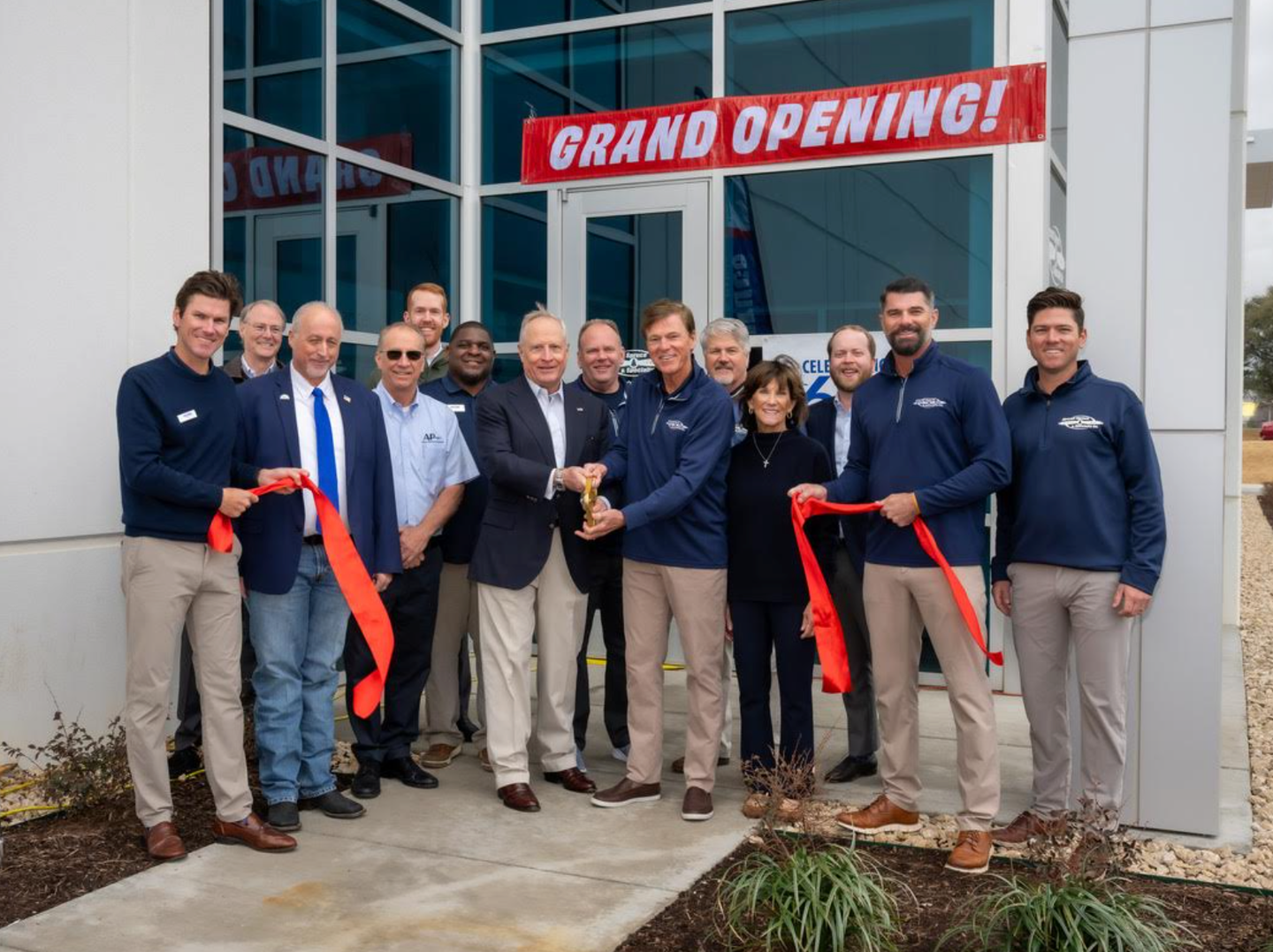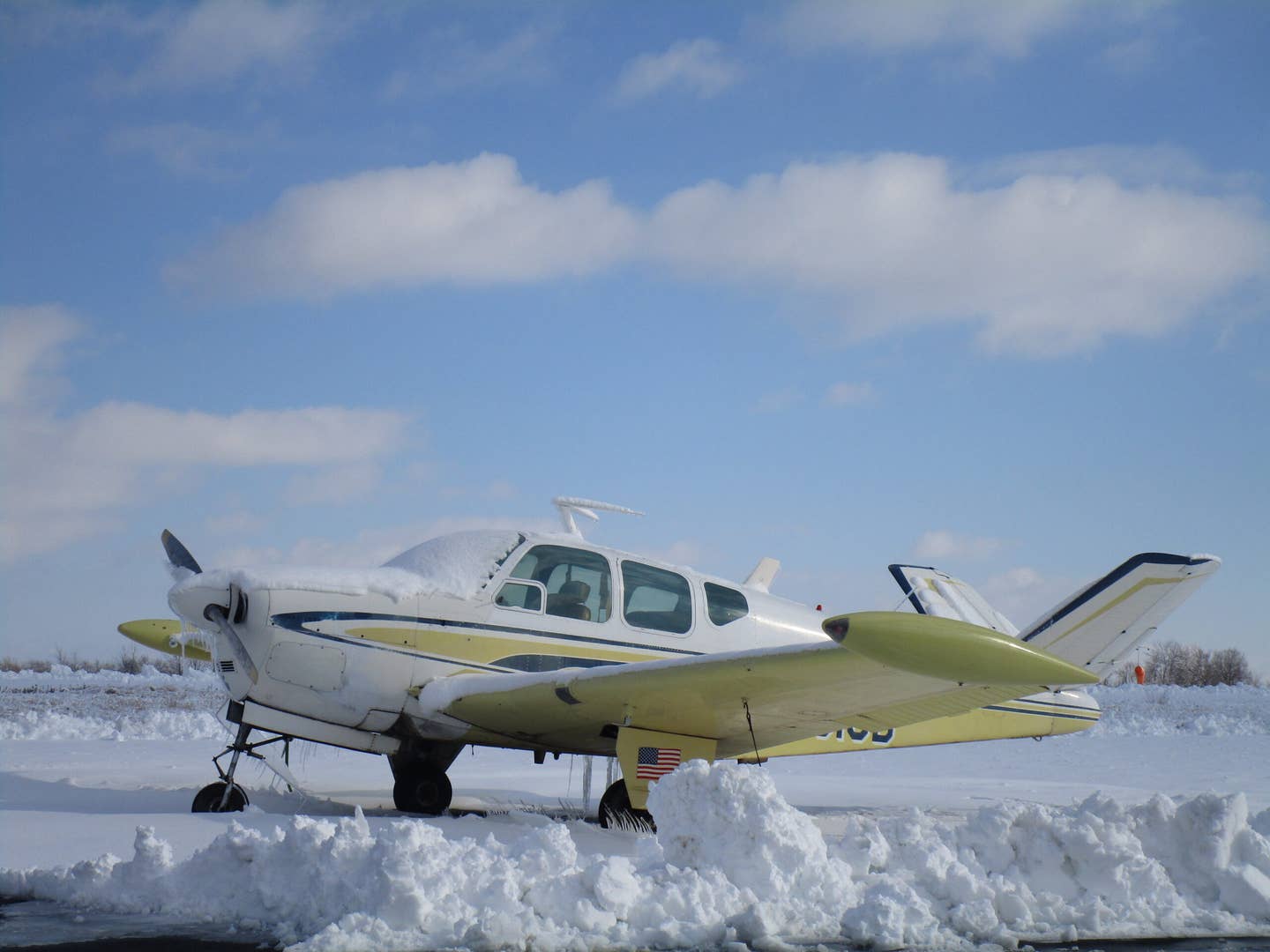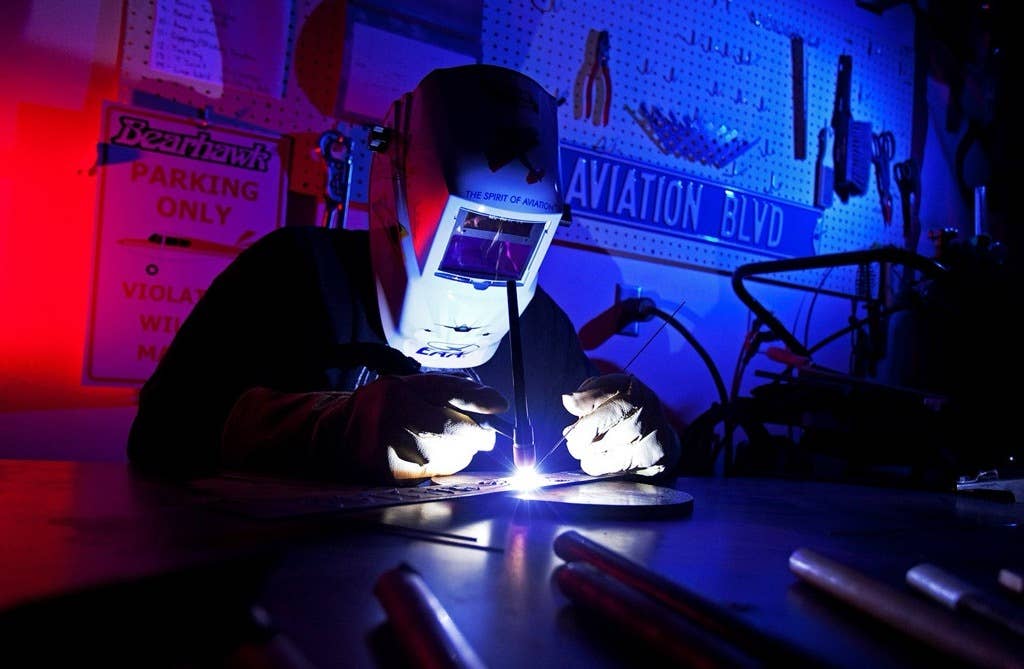Going Direct: Save Us All From FAA Standard Phraseology!
The suggestion that we use only FAA-approved ways of talking on the radio is the last thing we’d ever want to do. But it’s more than just that.

Illustration by Isabel Goyer
I read the first few sentences and skimmed some more of an article in another aviation brand the other day, and it made me well, not mad, but frustrated. The theme of the article, and it really doesn't even matter who wrote it, because this particular article has been getting written over and over again for at least 50 years, is that the FAA says we need to use standard FAA phraseology on the radio and here's why. Sigh.
Not only is this terrible advice, but the person at the FAA who decided it was an important time to talk about this and person who wrote it up, hell, every pilot/writer who has ever penned this same admonition, is guilty on every flight of violating the very thing they're preaching, because they don't, thank goodness, use standard FAA phraseology on the radio. If they did, if we all did, all hell would break loose. Don't laugh; it has happened.
It was a while back when I was living on the East Coast of the United States and flying a lot. I was heading back from Boston to White Plains (KHPN), New York, in the plane I was flying at the time, probably an SR22. It was a great trip. I had done some business, visited with friends and caught a ballgame (Go, Sawx!). And then it happened. I was flying on an IFR flight plan, as I normally do when I'm going cross country, when I got swapped from Boston to Hartford and I found myself in standard phraseology hell. The center controller there for some reason, heaven help us all, had decided to use standard phraseology, which isn't unusual. Controllers do, and that isn't a good thing!it's a great thing. But he was also using standard FAA pronunciation, as well.
The thing about standard pronunciation is that it's the worst. It's not "three" but, rather, "tree." And "fower" instead of "four." "One" is "WAN" and so on with the nonsense. No one does it, and for good reason. It's unintelligible. Your mind locks up trying to, not so much figure out what the hell the controller is saying as why he's doing it and how weird it sounds. The last thing you're thinking about is the meaning of the transmission, and that's a bad thing.
I'm guessing the controller who was doing it was either one, in some kind of labor dispute and had figured out that this was a great way to get back at his awful boss while staying within the letter of the law or, two, he was just someone who believed in following FAA rules. Either way, it was unworkable. Word was that he got suspended over it, which I totally approve of. The idea is to keep traffic moving safely, and his departure into Letter Of The Law Land was helping achieve neither goal.
I don't really understand the impulse to preach to pilots about ways to fly and own airplanes that don't make sense even though they were chiseled into the Federal Aviation Regulations back in the time of the Romans, or so it seems, and done so by people committing the ultimate crime of figuring out how people should fly based on principle and not on practice.
This kind of proscriptive nonsense happens everywhere. Like the kid at the grocery checkout who asks me how I'm doing, which is nice, and I reply, "I'm good, how are you?" To which this type says, "I'm WELL," as though he's teaching me about grammar. Arghh. Not only is that kind of patronizing pedantry insufferable, it's wrong, too. I (subject) am (linking verb) good (predicate adjective), not, I (subject) am (active verb) well (adverb). The kid's point was not only wrong, but also mean spirited. I always just smile, because the point is to get my groceries, not discuss grammar.
Besides, the point is, people talk the way they talk because that's the way they talk. I've been in Texas for a decade and a half now, and for the past many years, I've been saying not just "y'all" but the equally useful "all y'all." It's not affectation. It's part of my language now. Sure, I can code-switch with the best of them, that is, swap back and forth between styles of speech depending on the social situation. All people do this. But there is nothing wrong with "y'all." It just works.
As is the case with lots of new pilots, talking on the radio way back when made me nervous. And then back in the mid-'90s when I got my instrument ticket, it made me even more nervous, because IFR speak was a new language to me, and had yet to really figure out the rules.
That's the key. Talking on the radio for pilots is language, and as with any language, for us pilots there are also any number of shortcuts we take that aren't FAA approved, but work just great. Over time you learn what they are. The key is this: Is it short? Is it easy to understand? And is it clear? When a controller assigns you a climb from 2,000 to 4,000 (climb, maintain 4,000), a reply of simply "4,000 feet" or just "4,000" with your call sign at the end isn't standard phraseology!it's better. "Two for Four" isn't good, because you don't want to confuse "two" and "to." Saying "One Zero, Ten Thousand Feet" (same for 11,000) is good, too, because we've figured out that those altitudes are easily confused and bad mistakes can be made as a result. It's living language in action, and that's a beautiful thing.
Yes, we have pet peeves, like the guy who shows up on frequency asking local traffic, "Please advise," before he has listened for two seconds. So what. Tell him what runway people are using. Problem solved. Think about it. Pet peeves are called that for a reason. For the most part, it's your problem.
There are real problems with radio communication. Talking too much. Not talking when you needed to talk. "Report three mile final, Runway Three Six," means just what it says. It isn't a request. So do it. Those kinds of problems I'm all for addressing.
Otherwise, do what works and what other pilots are doing. If seven airline pilots on an arrival say pretty much the same thing in response to a controller's communication, you can be pretty sure it'll work for you too. We learn from how others use language.
And by all means, use standard phraseology if you must, but not to the point where it's unnecessary or just weird and distracting. The FAA is probably not going to suspend you for saying, "Runway Tree Fower," but everyone will wish they had.

Subscribe to Our Newsletter
Get the latest Plane & Pilot Magazine stories delivered directly to your inbox






